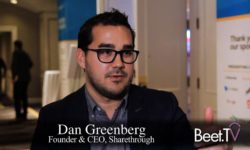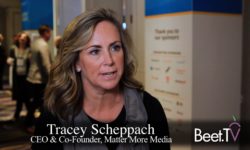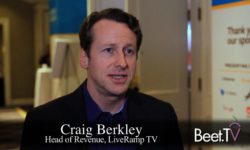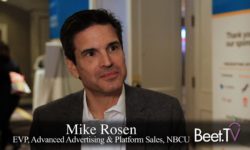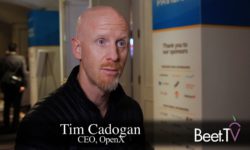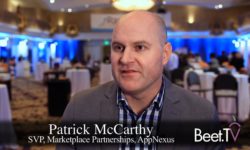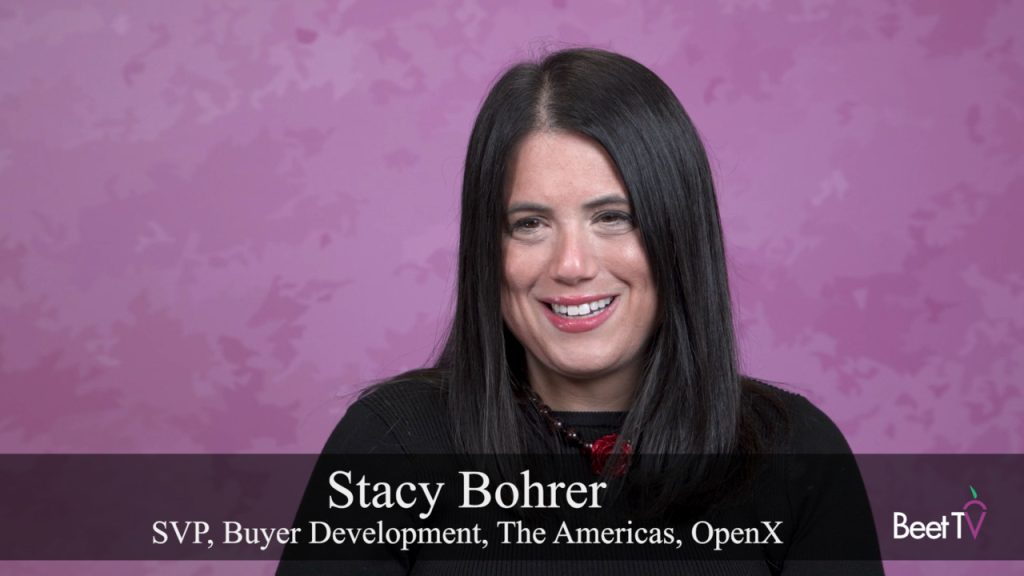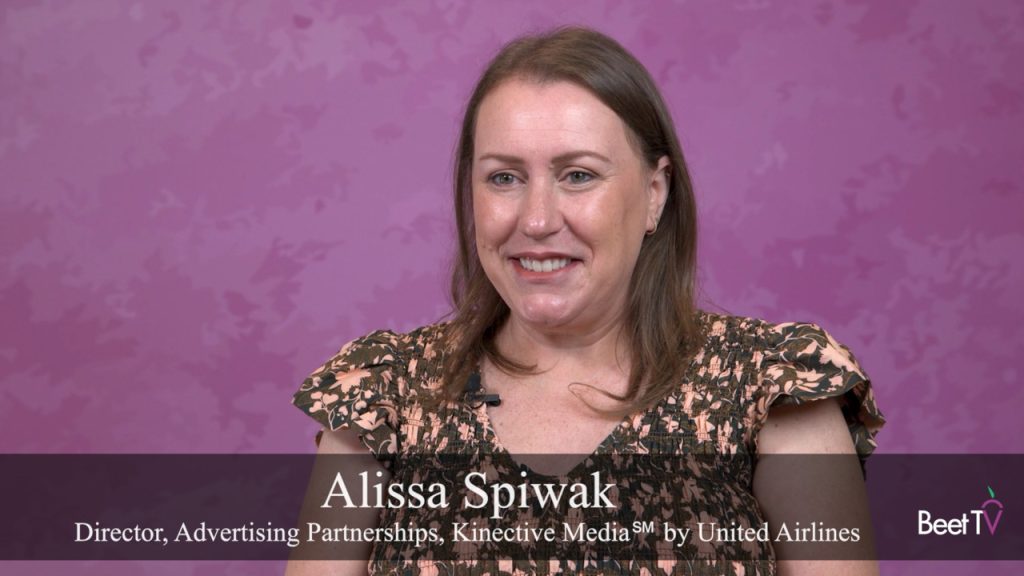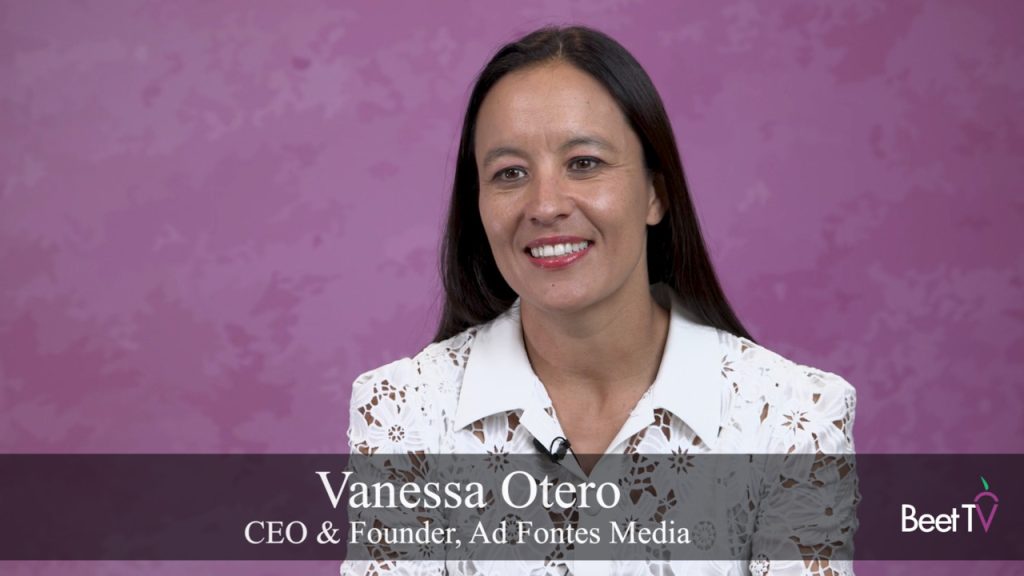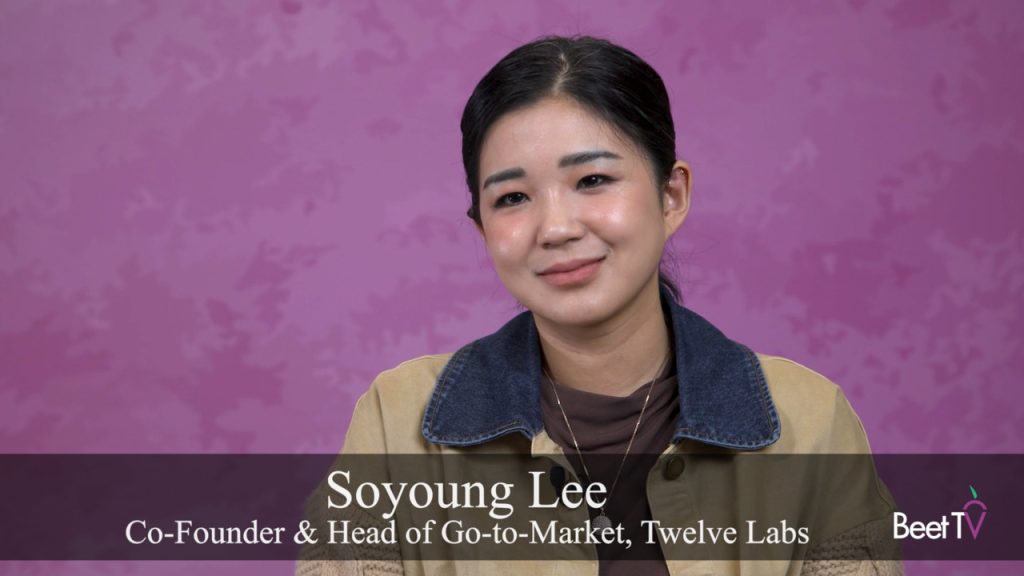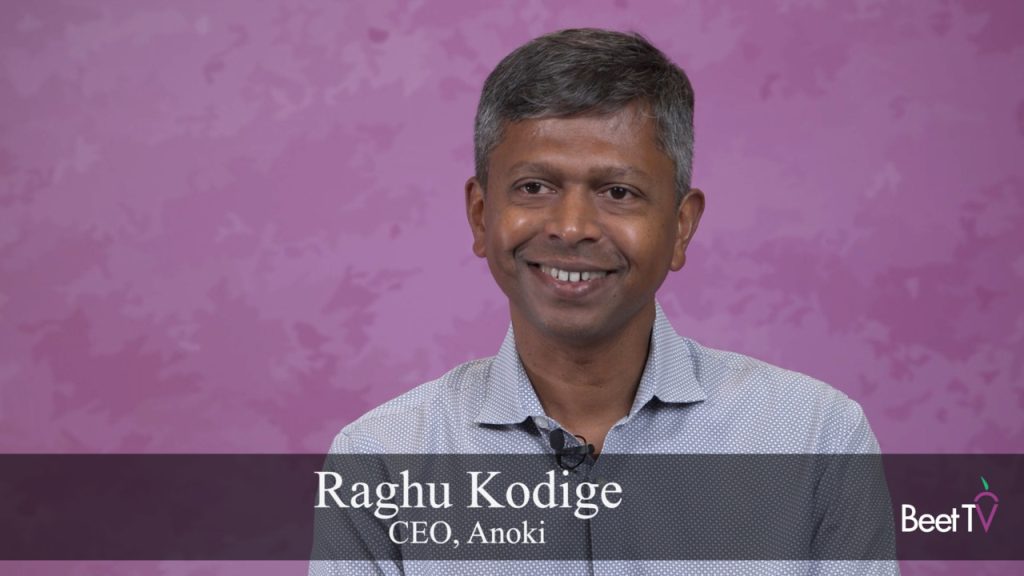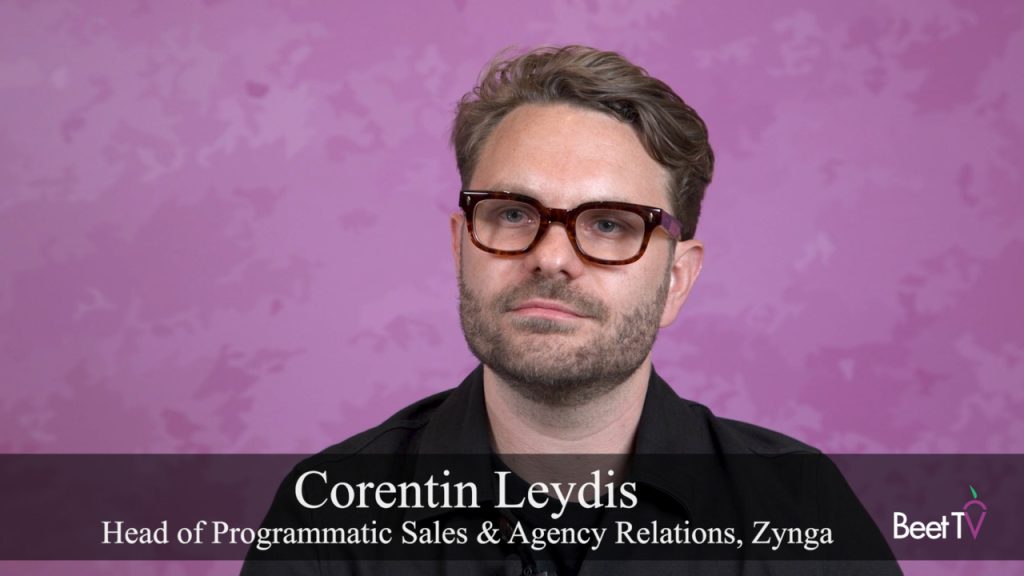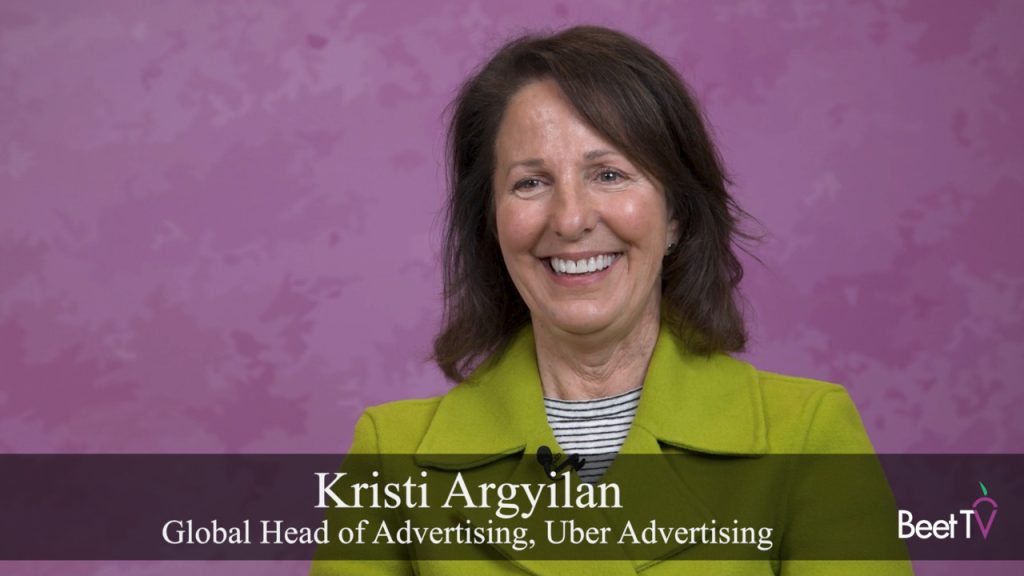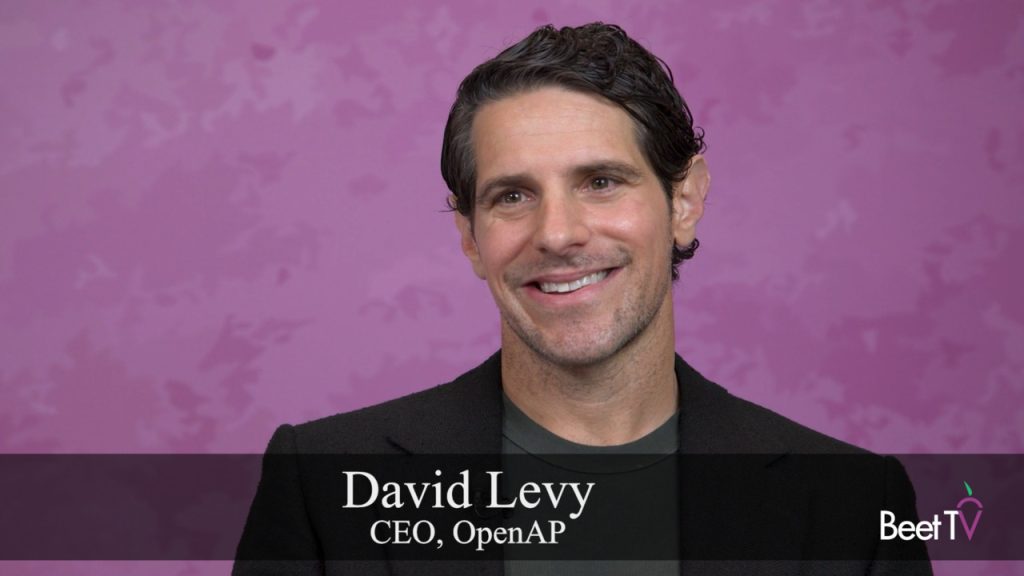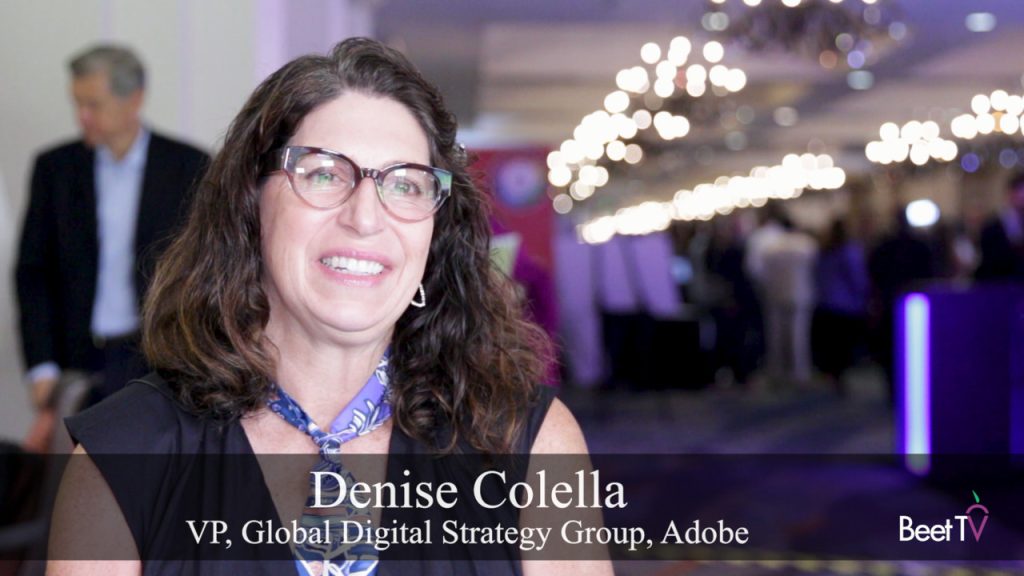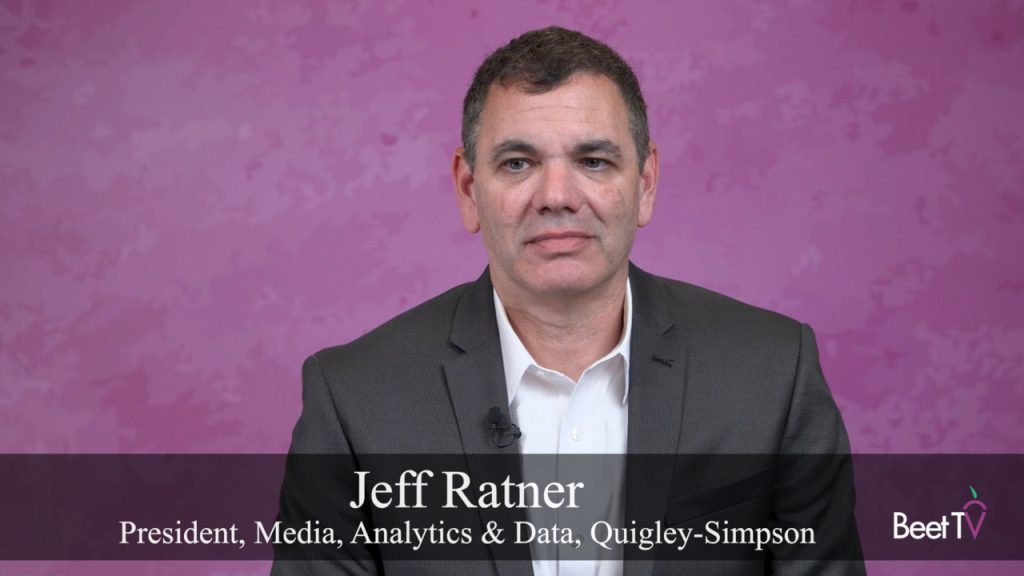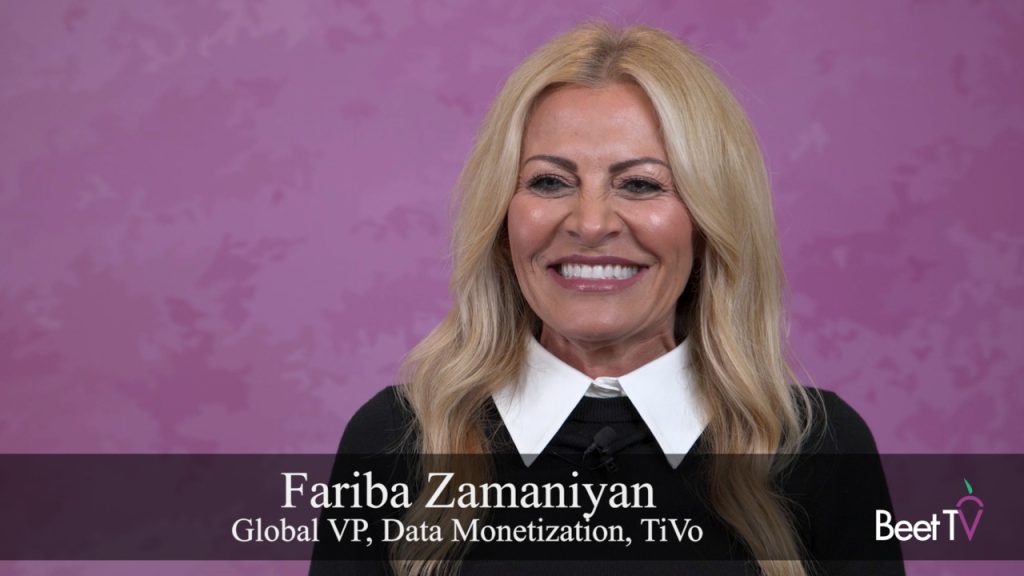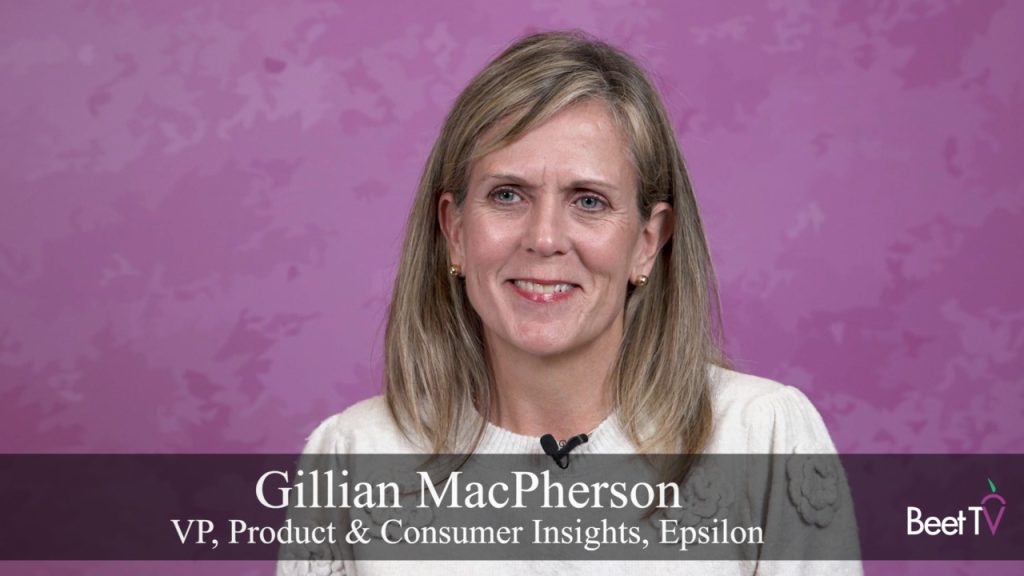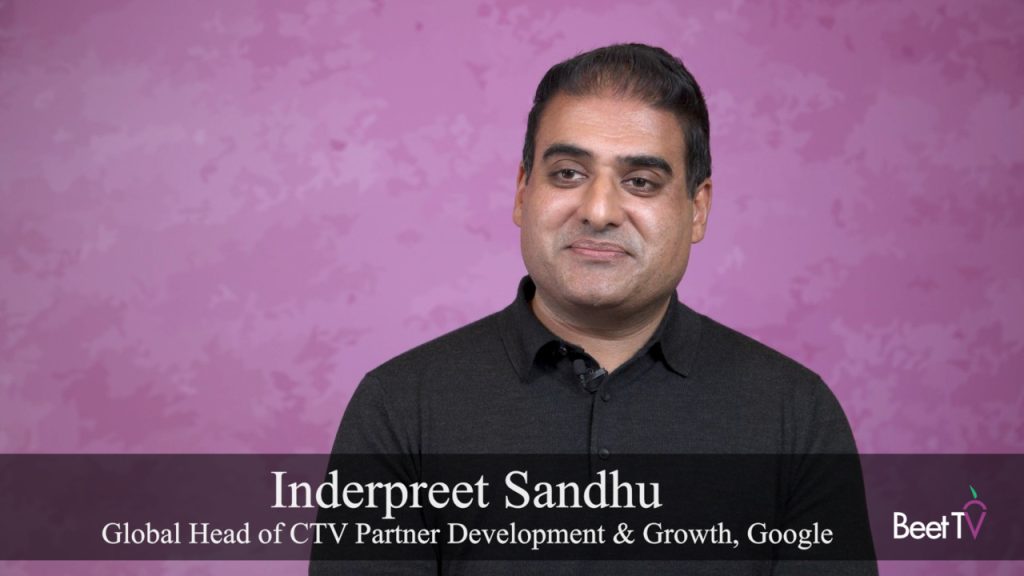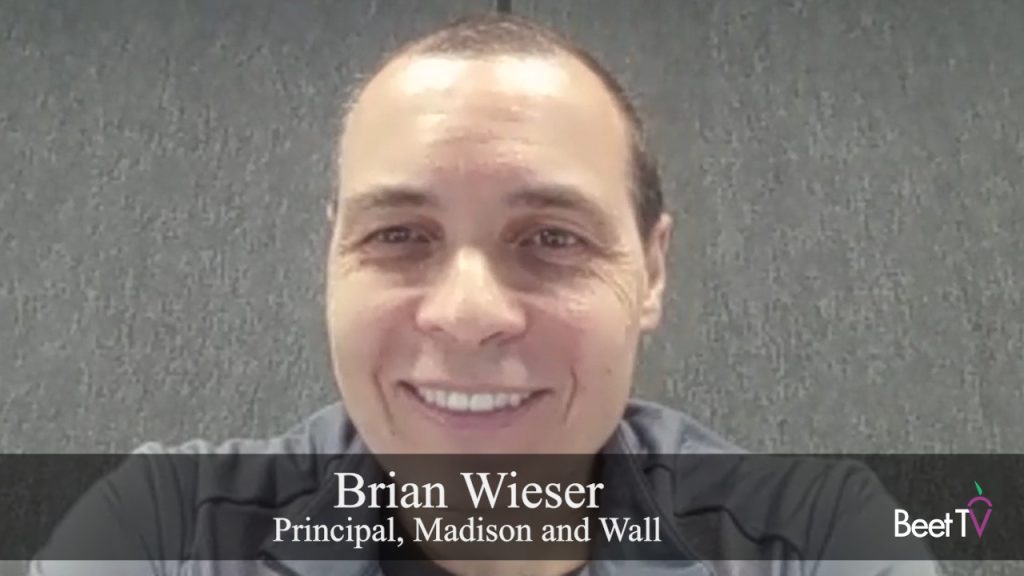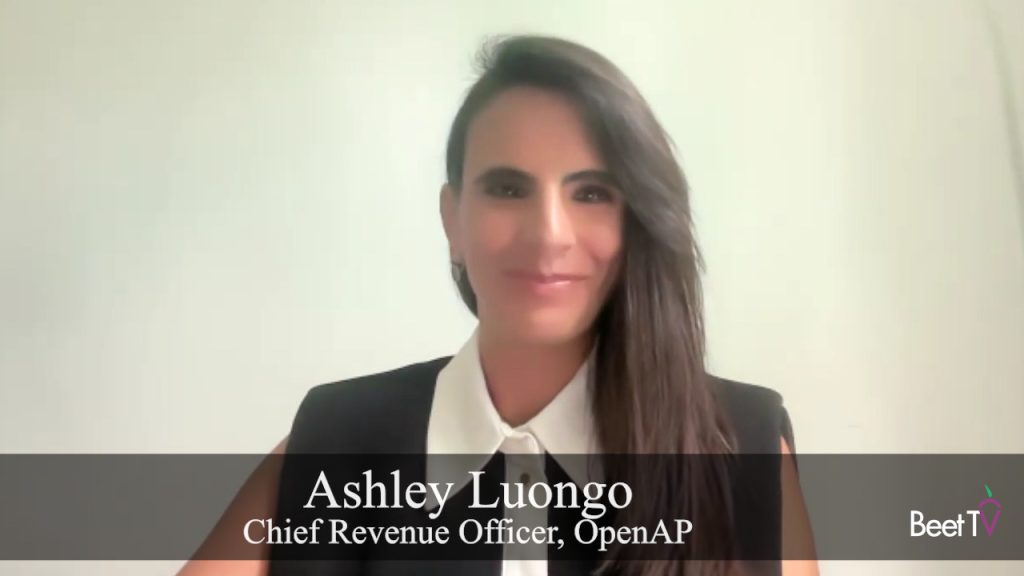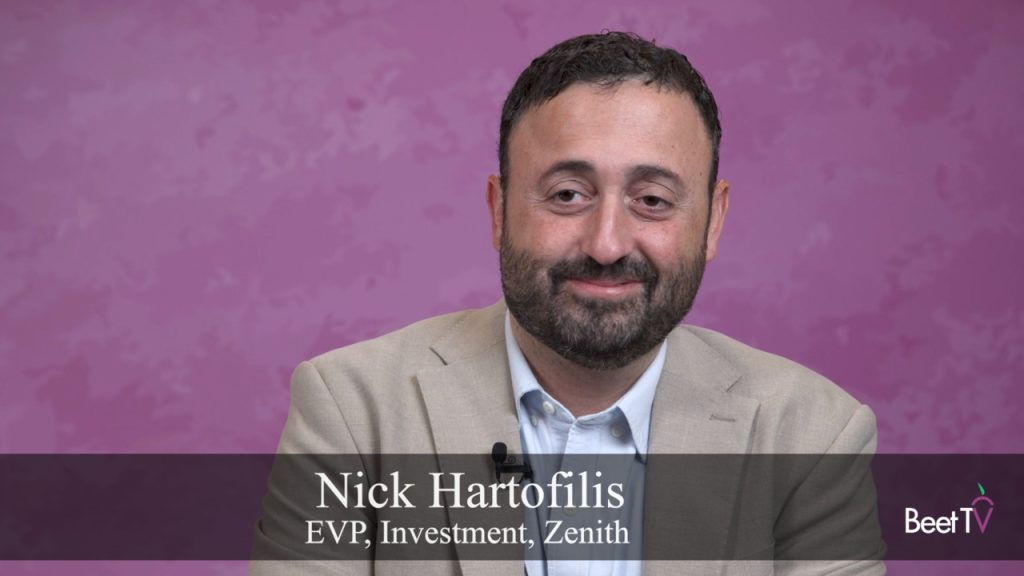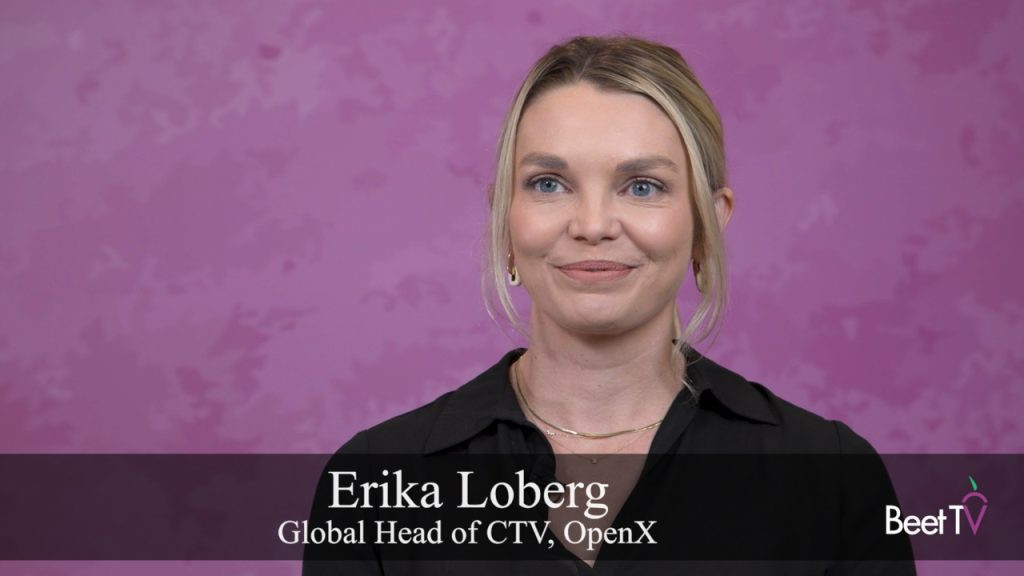SAN FRANCISCO — In a world where advertisers will increasingly have to gain audience members’ permission to use personal data for targeted messaging, plenty of attention is swinging back to marketing.
Many brands have spent years building up databases of their own customers. In this video interview with Beet.TV, Index Exchange CEO Andrew Casale says the ad-tech world has historically operated differently – but now must meet marketers half-way.
“Marketers often think (about) CRM,” Casale says. “They know their customer. Ad-tech’s been very focused on IDs, collecting data – but hasn’t bridged the gap to the marketers’ data set in the way that I think identity will allow us to.”
Compared with targeting a set of known identities, the world of advertising technology is arguably more like finding needles in the haystack of the net. But, hand-in-hand ad-tech and mar-tech could light up new opportunities for brands.
Casale’s company is involved in initiatives to make it happen. Last May, AppNexus, Index Exchange and LiveRamp created The Advertising ID Consortium, a big initiative to create a single pool of user identities. The consortium is trying to advance two pieces of technology:
- Open Ad ID: used by the consortium members as the standard for single device cookie identification.
- Open IdentityLink: a common people-based identifier provided to consortium members, for resolving identity across channels, devices, and platforms.
The aim is two-fold:
- “Let’s all walk away from having our own IDs, and let’s pick one ID,” Casale tells Beet.TV. “IDs are very complicated. They have to be synced. They create cookies and pixels and a lot of the consumer experience challenges that this ecosystem faces. We can get rid of all that. We can harmonize on one ID and do it collectively.”
- “Marry(ying) that ID with deterministic data… effectively an email address or something that is very close to the consumer that doesn’t change, so that we can start to link identity to something like a marketer’s CRM file.”
“If we try to solve this problem collectively together, there’s a very good chance that we can create an open, very democratized graph that achieves enough scale that marketers will take seriously.”
This video is part of a series produced in San Francisco at the RampUp 2018 conference. The series is sponsored by Alphonso. For more videos from the series, please visit this page.






